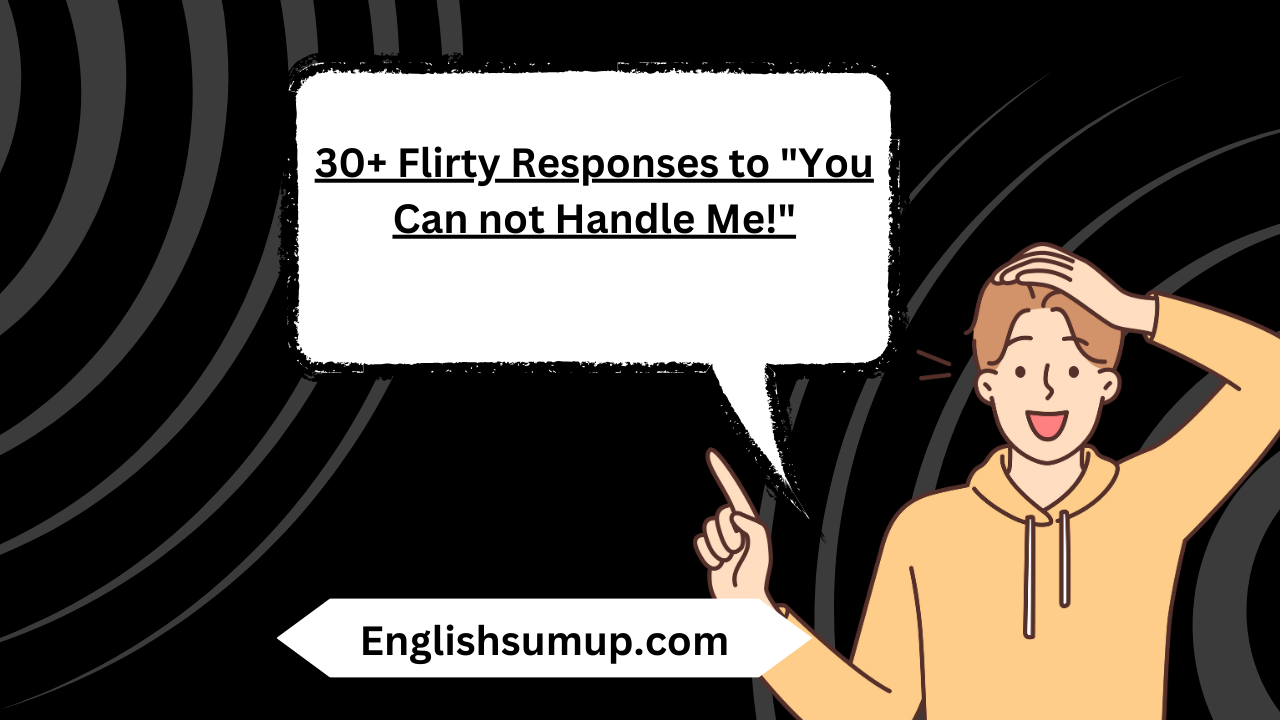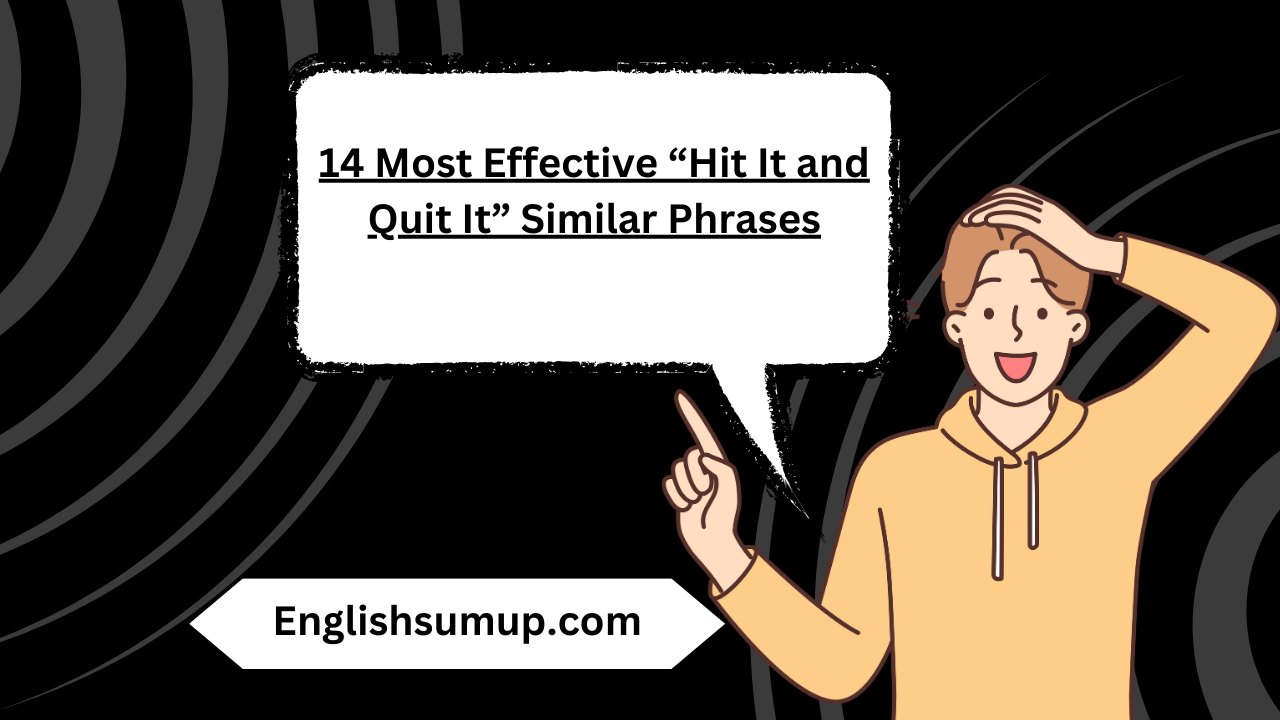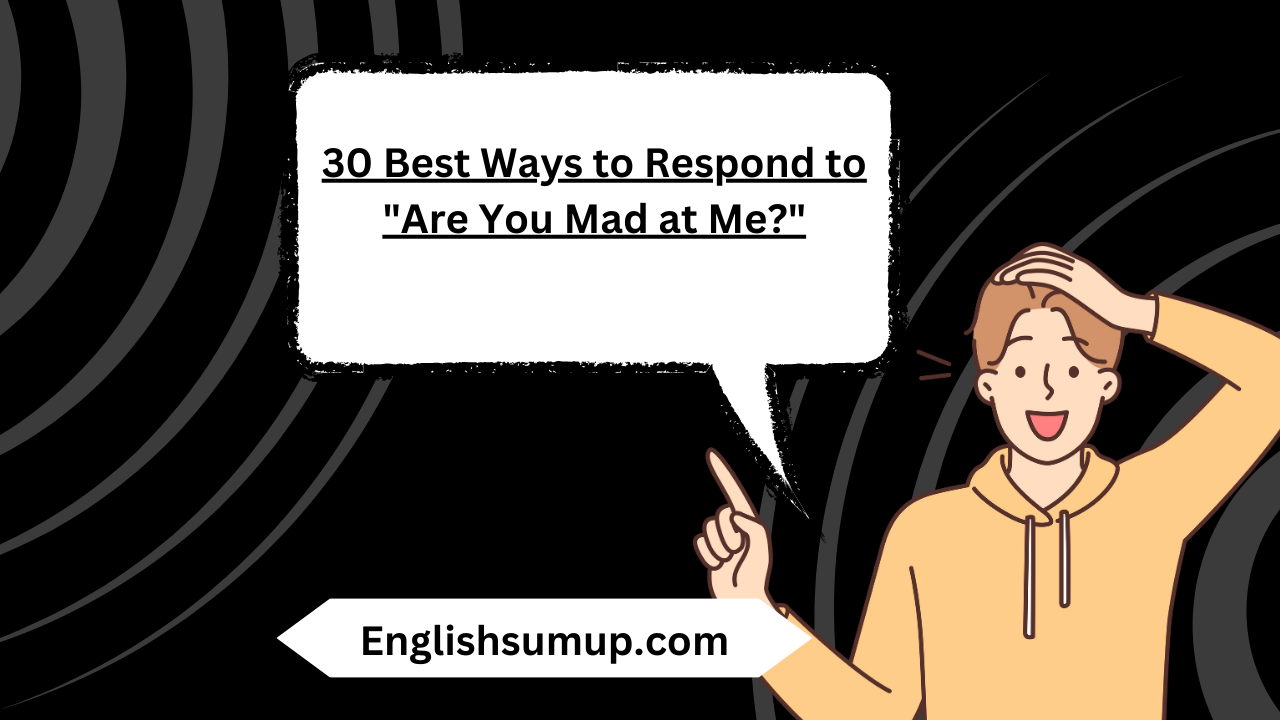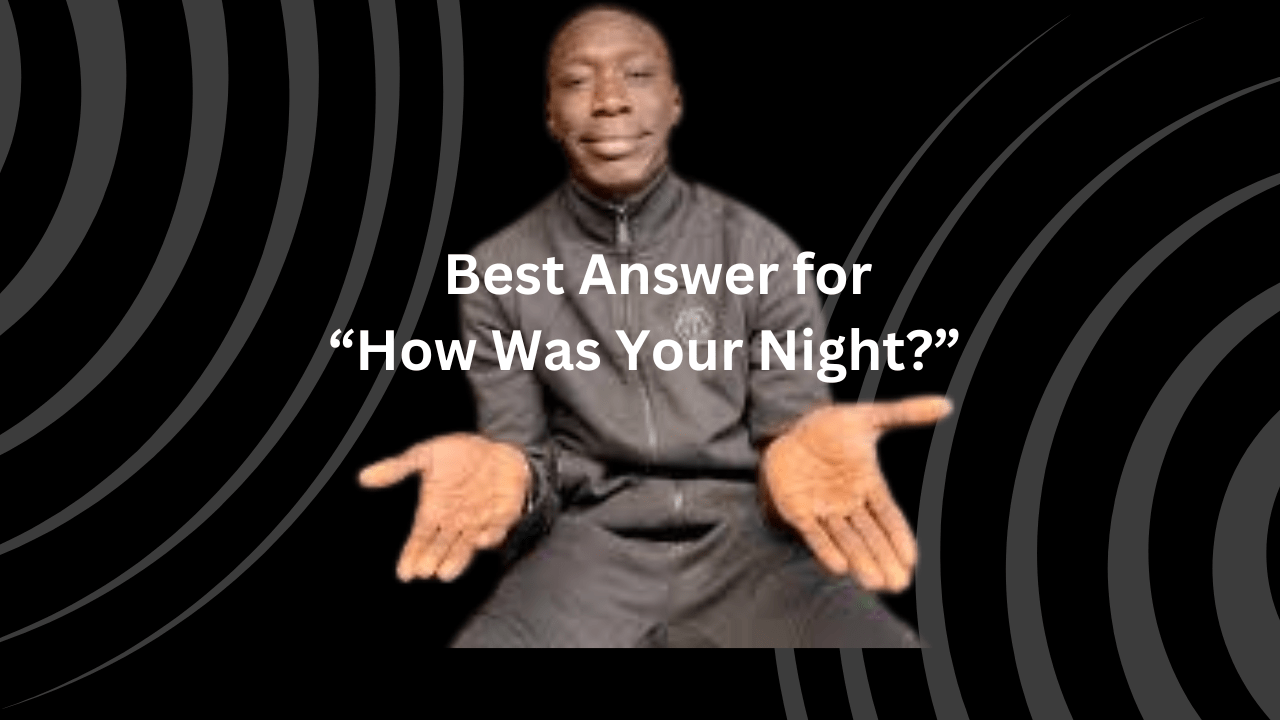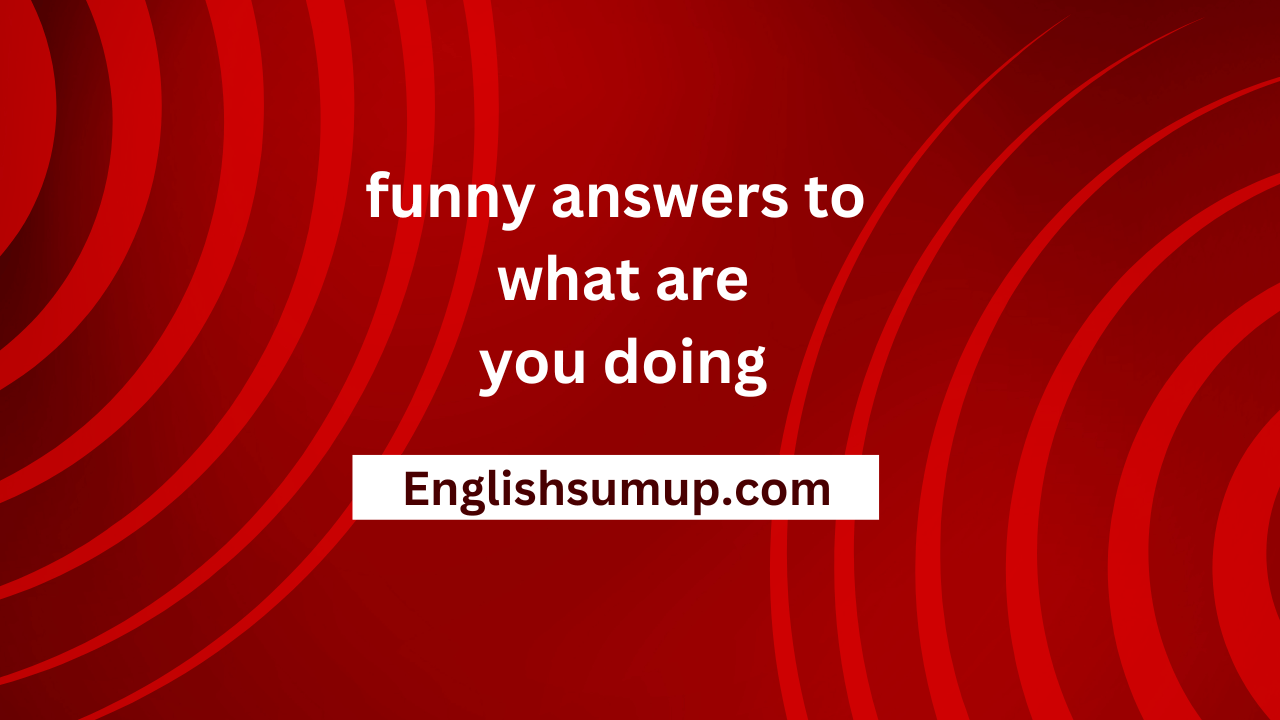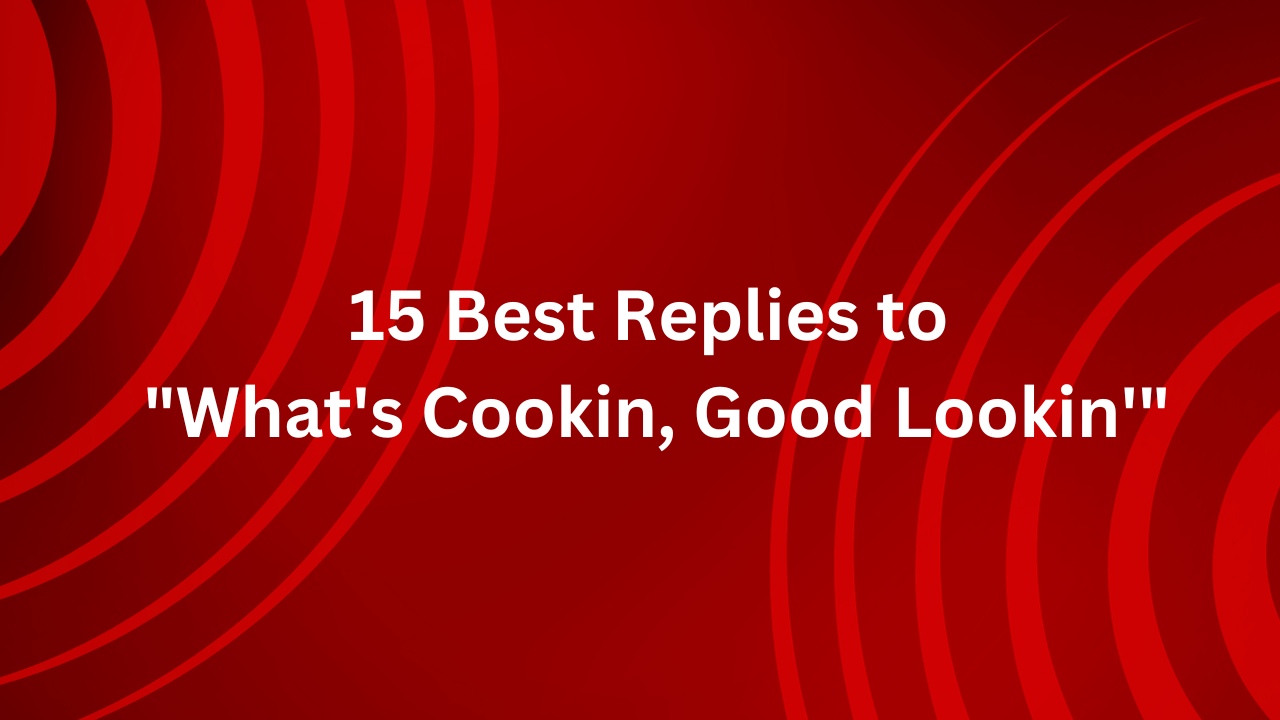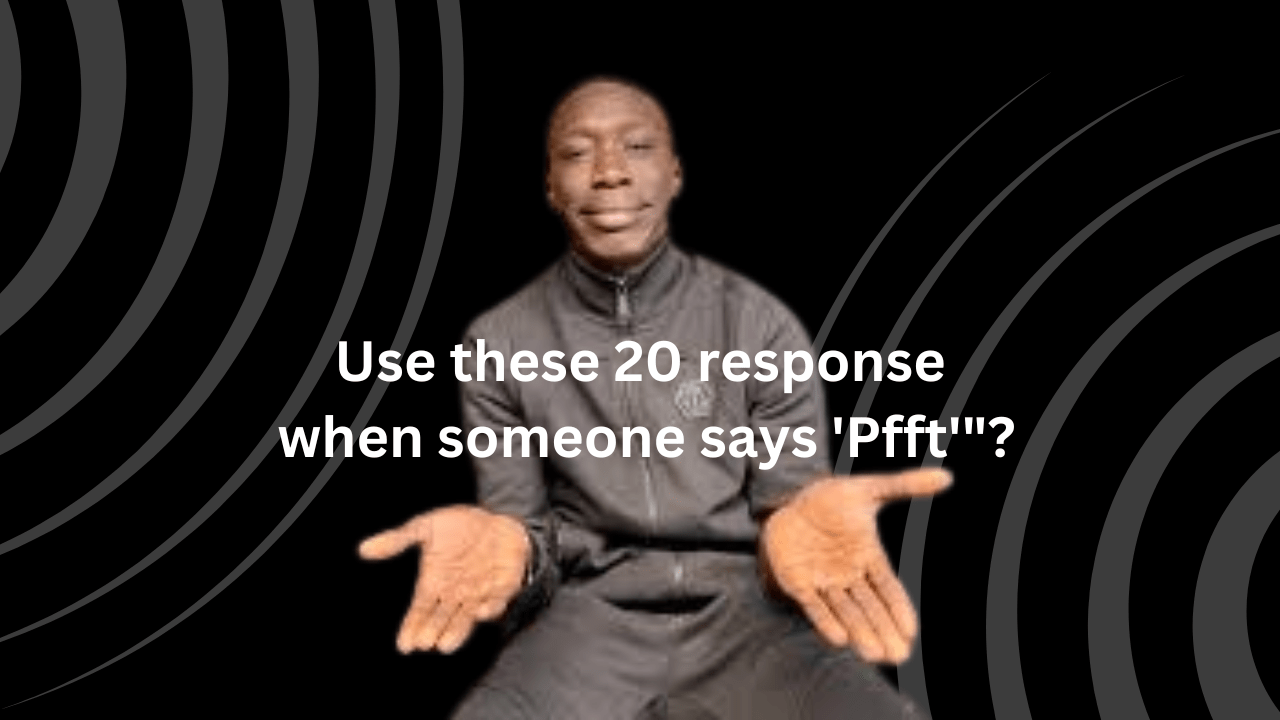When someone playfully challenges you with the statement “You can not handle me!” it’s an invitation for a bit of banter and flirtation. Responding with wit and charm can turn this playful exchange into a memorable moment. Here are over 30 flirty responses to show that you’re more than up for the challenge:
Here are 30 Best Flirty Responses to “You Can not Handle Me!”

“Oh, you’re in for a surprise! Handling me is like unwrapping a gift – you never know what you’ll get, but it’s always exciting!”
By likening yourself to a gift waiting to be unwrapped, you convey the sense of anticipation and discovery that comes with getting to know you. This metaphor suggests that there are many layers to your personality, interests, and experiences, each waiting to be revealed. It hints at the excitement and adventure that lie ahead for anyone willing to embark on the journey of getting to know you better.
“Challenge accepted! But fair warning: I come with a lot of sass and a side of irresistible charm.”
This response acknowledges the playful challenge while also providing a glimpse into your personality. By mentioning your “sass” and “irresistible charm,” you offer a hint of the qualities that make you unique and intriguing. It sets the tone for lighthearted banter and flirtation, inviting the other person to engage with you in a fun and spirited exchange.
“Why don’t you give it a try and find out? I promise, you won’t be disappointed.”
In this response, you extend an invitation for the other person to explore and discover what makes you tick. By expressing confidence that they won’t be disappointed, you convey a sense of self-assuredness and assurance in your own worth. This response leaves the door open for further interaction, encouraging them to take a chance and see where the conversation leads.
“Handling me requires a certain finesse – are you up for the challenge? I have a feeling you might surprise yourself.”
Here, you acknowledge that getting to know you may require a certain level of skill and sensitivity. By using the term “finesse,” you suggest that navigating your personality and quirks will require tact and understanding. However, by expressing optimism that they might surprise themselves, you leave room for them to rise to the occasion and discover hidden depths within themselves as well.
“Try me and find out. I promise, you won’t regret it.”
With this response, you issue a direct challenge while also offering reassurance that the experience will be worthwhile. By expressing confidence that they won’t regret getting to know you better, you instill a sense of curiosity and intrigue. This response encourages them to take a chance and explore the potential for connection and chemistry between you.
“Challenge accepted. Let’s see if you can keep up.”
By accepting the challenge with confidence and a touch of playful bravado, you set the stage for a spirited exchange. This response implies that you’re ready for whatever comes your way and challenges the other person to match your energy and enthusiasm. It fosters a sense of friendly competition and camaraderie, encouraging them to engage with you on an equal footing.
“You might be surprised. I have a few tricks up my sleeve.”
With this response, you hint at your ability to pleasantly surprise and impress the other person. By suggesting that you have “tricks up your sleeve,” you convey a sense of mystery and intrigue, enticing them to want to learn more. This response invites them to approach the interaction with an open mind and a sense of curiosity, eager to uncover the surprises you have in store.
“I’m not for the faint of heart. But for the brave? Well, that’s another story.”
Here, you acknowledge that getting to know you may require a certain level of courage and resilience. By contrasting “the faint of heart” with “the brave,” you imply that those who dare to take on the challenge will be rewarded. This response hints at the depth and intensity of the connection you’re capable of forming, inviting the other person to step outside their comfort zone and embrace the adventure.
“You think you can’t handle me, but I have a feeling you might surprise yourself.”
By expressing confidence in the other person’s abilities and hinting that they may underestimate themselves, you encourage them to rise to the challenge. This response suggests that getting to know you may be more within their grasp than they realize, fostering a sense of optimism and excitement. It opens the door for them to approach the interaction with a sense of curiosity and a willingness to explore the possibilities.
“I come with a warning label: may cause heart palpitations and weak knees.”
With this response, you inject a playful dose of humor while also hinting at your ability to make a strong impression. By using the metaphor of a “warning label,” you acknowledge the potential impact you may have on the other person, adding an element of intrigue and allure. This response sets the stage for a flirtatious and engaging exchange, inviting the other person to embrace the excitement and anticipation of getting to know you better.
“Handling me requires a certain level of skill. Are you up for the challenge? Don’t worry, I’ll guide you through every twist and turn.”
This response adds a layer of reassurance by suggesting that while getting to know you may require skill, you’re willing to make the journey enjoyable and rewarding for the other person. By offering to guide them through the process, you convey a sense of support and encouragement, fostering a sense of trust and camaraderie.
“You may think I’m too much to handle, but I prefer to think of myself as a delightful puzzle waiting to be solved. Care to be my puzzle solver?”
By likening yourself to a puzzle, you present yourself as a challenge worth tackling, but one that promises satisfaction and reward upon completion. This response invites the other person to engage their problem-solving skills and intellectual curiosity, setting the stage for an intellectually stimulating and enjoyable interaction.
“They say fortune favors the bold. Care to test that theory with me?”
This response playfully challenges the other person to take a risk and step outside their comfort zone in pursuit of something exciting and rewarding. By invoking the idea of fortune favoring the bold, you suggest that taking a chance on getting to know you may lead to unexpected and positive outcomes, encouraging them to embrace the adventure.
“You say I’m too much to handle, but I prefer to think of myself as a delightful challenge. Are you ready to rise to the occasion?”
Here, you reframe the idea of being “too much to handle” as a positive attribute, positioning yourself as an intriguing and captivating challenge worth pursuing. By asking if they’re ready to rise to the occasion, you invite them to step up and meet the challenge with confidence and enthusiasm.
“Handling me requires patience, persistence, and a good sense of humor. Think you’re up for the task?”
This response highlights the qualities needed to navigate the complexities of getting to know you, emphasizing the importance of patience, persistence, and a good sense of humor. By asking if they’re up for the task, you invite them to demonstrate their readiness to engage with you on a deeper level, fostering a sense of connection and understanding.
“I’m not everyone’s cup of tea, but for the right person? Well, let’s just say I’m their favorite brew.”
With this response, you acknowledge that you may not be universally appealing, but suggest that for the right person, you’re exactly what they’ve been looking for. By likening yourself to a favorite brew, you convey a sense of comfort and familiarity, hinting at the potential for a deeply satisfying and fulfilling connection.
“Handling me requires a delicate balance of strength and sensitivity. Do you think you have what it takes?”
This response highlights the need for a nuanced approach to getting to know you, emphasizing the importance of both strength and sensitivity. By asking if they have what it takes, you challenge them to demonstrate their ability to navigate the complexities of your personality with grace and understanding.
“They say the best things in life come with a challenge. Care to find out if they’re right?”
By invoking the idea that challenges are often accompanied by great rewards, you encourage the other person to embrace the opportunity to get to know you better. This response suggests that the journey of getting to know you may be challenging, but ultimately worthwhile, inviting them to explore the possibilities with an open mind and adventurous spirit.
“You say I’m too much to handle, but I prefer to think of myself as an acquired taste. Care to acquire me?”
Here, you position yourself as something unique and special, suggesting that while you may not be immediately accessible to everyone, you’re worth the effort it takes to get to know you. By inviting them to “acquire” you, you playfully challenge them to invest the time and effort needed to appreciate your true value.
“Handling me is like trying to tame a wild horse. Are you up for the challenge?”
By comparing yourself to a wild horse, you evoke images of adventure and excitement, hinting at the untamed nature of your personality. This response suggests that getting to know you will require courage and determination, but promises exhilarating experiences and rewards for those who are willing to take on the challenge.
“They say good things come to those who wait. Care to put that theory to the test?”
This response suggests that while getting to know you may require patience, the rewards for those who are willing to wait will be worth it in the end. By inviting them to put the theory to the test, you playfully challenge them to demonstrate their commitment and perseverance, setting the stage for a rewarding and fulfilling connection.
“You think you can’t handle me? Challenge accepted. But be prepared – you might just find yourself pleasantly surprised.”
Here, you accept the challenge with confidence and assurance, suggesting that they may underestimate their ability to navigate the complexities of getting to know you. By hinting that they may be pleasantly surprised, you leave the door open for the possibility of a deeper and more meaningful connection than they initially anticipated.
“I’m like a roller coaster – exhilarating, unpredictable, and guaranteed to leave you wanting more. Care to take a ride?”
By comparing yourself to a roller coaster, you evoke feelings of excitement and anticipation, suggesting that getting to know you will be a thrilling and unforgettable experience. This response invites the other person to embrace the adventure and dive headfirst into the exhilarating journey of getting to know you better.
“You say I’m too much to handle, but I prefer to think of myself as a challenge worth pursuing. Are you ready to rise to the occasion?”
With this response, you reframe the idea of being “too much to handle” as a positive attribute, positioning yourself as a challenge worth pursuing. By asking if they’re ready to rise to the occasion, you invite them to step up and meet the challenge with determination and enthusiasm, fostering a sense of mutual respect and admiration.
“I’m not high maintenance, I’m just worth the effort. Are you ready to put in the work?”
This response challenges the idea that you’re difficult to handle by suggesting that you’re simply someone who values effort and commitment. By asking if they’re ready to put in the work, you invite them to demonstrate their willingness to invest in a meaningful connection, fostering a sense of mutual understanding and appreciation.
“You may think you can’t handle me, but I have a feeling you’re stronger than you realize. Care to prove me right?”
By expressing confidence in the other person’s abilities and hinting that they may underestimate themselves, you encourage them to rise to the challenge. This response suggests that getting to know you may be more within their grasp than they realize, fostering a sense of optimism and empowerment. It opens the door for them to approach the interaction with a sense of curiosity and a willingness to explore the possibilities.
“I’m not just a challenge – I’m an adventure waiting to happen. Are you ready to embark on the journey?”
With this response, you emphasize the excitement and possibility inherent in getting to know you better. By likening yourself to an adventure, you suggest that there are endless opportunities for exploration and discovery ahead. This response invites the other person to embrace the thrill of the unknown and join you on a journey of self-discovery and connection.
“Handling me requires patience, persistence, and a good sense of humor. Think you’re up for it? I promise, it’ll be worth it in the end.”
Here, you highlight the qualities needed to navigate the complexities of getting to know you while offering reassurance that the effort will be rewarded. By emphasizing the importance of patience, persistence, and a good sense of humor, you set the stage for a lighthearted and enjoyable interaction. This response invites the other person to approach the experience with a sense of optimism and adventure, knowing that the journey will ultimately lead to something meaningful and fulfilling.
“You say I’m too much to handle, but I prefer to think of myself as just enough. Are you ready to discover what ‘just enough’ feels like?”
With this response, you challenge the idea that you’re difficult to handle by suggesting that you’re exactly what the other person needs. By inviting them to discover what “just enough” feels like, you hint at the potential for a balanced and fulfilling connection. This response encourages the other person to approach the interaction with an open mind and a willingness to explore the possibilities.
“They say fortune favors the bold. Care to test that theory with me? I have a feeling we’ll make our own luck.”
By invoking the idea of fortune favoring the bold, you encourage the other person to take a chance and embrace the adventure of getting to know you better. This response suggests that together, you’ll defy the odds and create your own luck, fostering a sense of excitement and possibility. It invites the other person to join you on a journey of discovery and connection, knowing that the rewards will be worth the risk.




